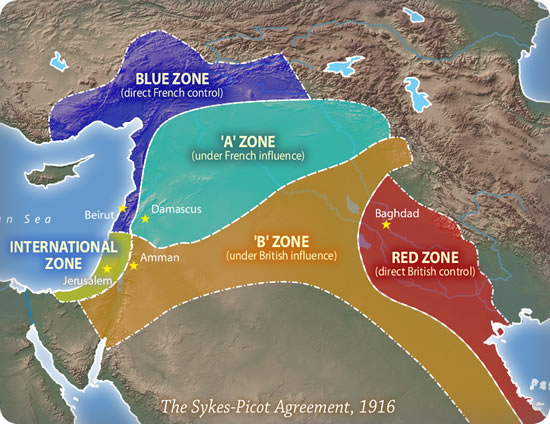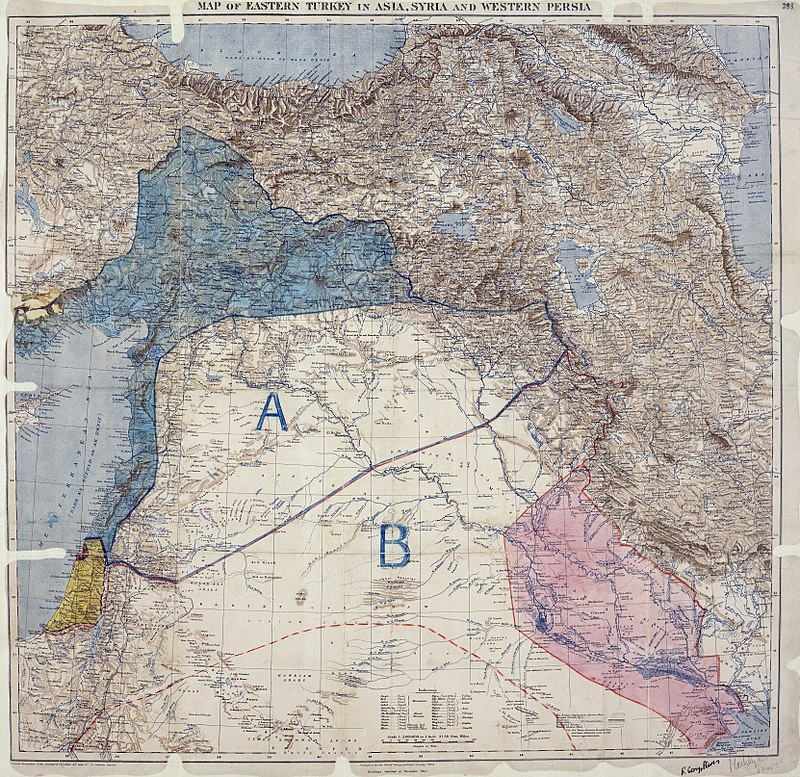 Russia’s Tass issued the following Russian reaction to the Kurdish referendum
Russia’s Tass issued the following Russian reaction to the Kurdish referendum
As Iraqi Kurds go to the polls to vote on their referendum for independence, experts are raising serious concerns that this may destabilize a strategically important region by breaking up Iraq, trigger separatism in Turkey, Syria and Iran and weakening the struggle against the Islamic State, in which the Kurds remain one of the primary fighting forces, Kommersant writes. Experts interviewed by the newspaper mulled over the possibility that “a constant pocket of tension on a trans-border scale” may emerge in the Middle East.
Some experts stress that if the future Kurdish state, where the bulk of hydrocarbon reserves are located, turns out to be inviable, projects by Russia’s top oil producer Rosneft, which plans to construct a gas pipeline to supply 30 bln cubic meters of gas from Iraqi Kurdistan to Europe via Turkey annually, will be jeopardized. “Moscow’s cautious reaction is due to the lack of a clear understanding of how the situation around the Iraqi Kurdistan will unfold and how far its opponents threating military actions and sanctions will go,” Director of the Center for Strategic Studies and analysis Russia-East-West Vladimir Sotnikov told the newspaper.
The Kurdistan Region of Iraq, also known as Iraqi Kurdistan, is an autonomous region, with its status enshrined in the country’s constitution. On September 15, the regional parliament, which held its first session since 2015, approved plans to hold an independence referendum on September 25. Baghdad is strongly against the referendum, saying this decision is illegal. Earlier, Prime Minister Haidar al-Abadi said he did not rule out a military operation if referendum sparks an escalation of violence.
The Sykes–Picot Agreement

The Sykes–Picot Agreement , was a secret 1916 agreement between the United Kingdom and France, to which the Russian Empire assented. The agreement defined their mutually agreed spheres of influence and control in Southwestern Asia. The agreement was based on the premise that the Triple Entente would succeed in defeating the Ottoman Empire during World War I. The negotiations leading to the agreement occurred between November 1915 and March 1916 and it was signed 16 May 1916. The deal, exposed to the public in Russia’s Izvestia and Pravda on 23 November 1917 and in the British Guardian on November 26, 1917, is still mentioned when considering the region and its present-day conflicts.
The agreement allocated to Britain control of areas roughly comprising the coastal strip between the Mediterranean Sea and the River Jordan, Jordan, southern Iraq, and an additional small area that included the ports of Haifa and Acre, to allow access to the Mediterranean. France got control of southeastern Turkey, northern Iraq, Syria and Lebanon. Russia was to get Istanbul, the Turkish Straits and Armenia. The controlling powers were left free to determine state boundaries within their areas. Further negotiation was expected to determine international administration in the “brown area” (an area including Jerusalem, similar to and slightly smaller than Mandate Palestine), the form of which was to be decided upon after consultation with Russia, and subsequently in consultation with the other Allies, and the representatives of Hussein bin Ali, Sharif of Mecca.
The agreement effectively divided the Ottoman Arab provinces outside the Arabian peninsula into areas of British and French control and influence, and led later to the subsequent partitioning of the Ottoman Empire following Ottoman defeat in 1918. The terms were negotiated by British diplomat Mark Sykes and a French counterpart, François Georges-Picot. The Tsarist government was a minor party to the Sykes–Picot agreement, and when, following the Russian Revolution, the Bolsheviks published the agreement on 23 November 1917, “the British were embarrassed, the Arabs dismayed and the Turks delighted.”
The agreement is seen by many as a turning point in Western and Arab relations. It negated the UK’s promises to Arabs made for a national Arab homeland in the area of Greater Syria, in exchange for supporting the British against the Ottoman Empire.
Tass

Leave a Reply
You must be logged in to post a comment.